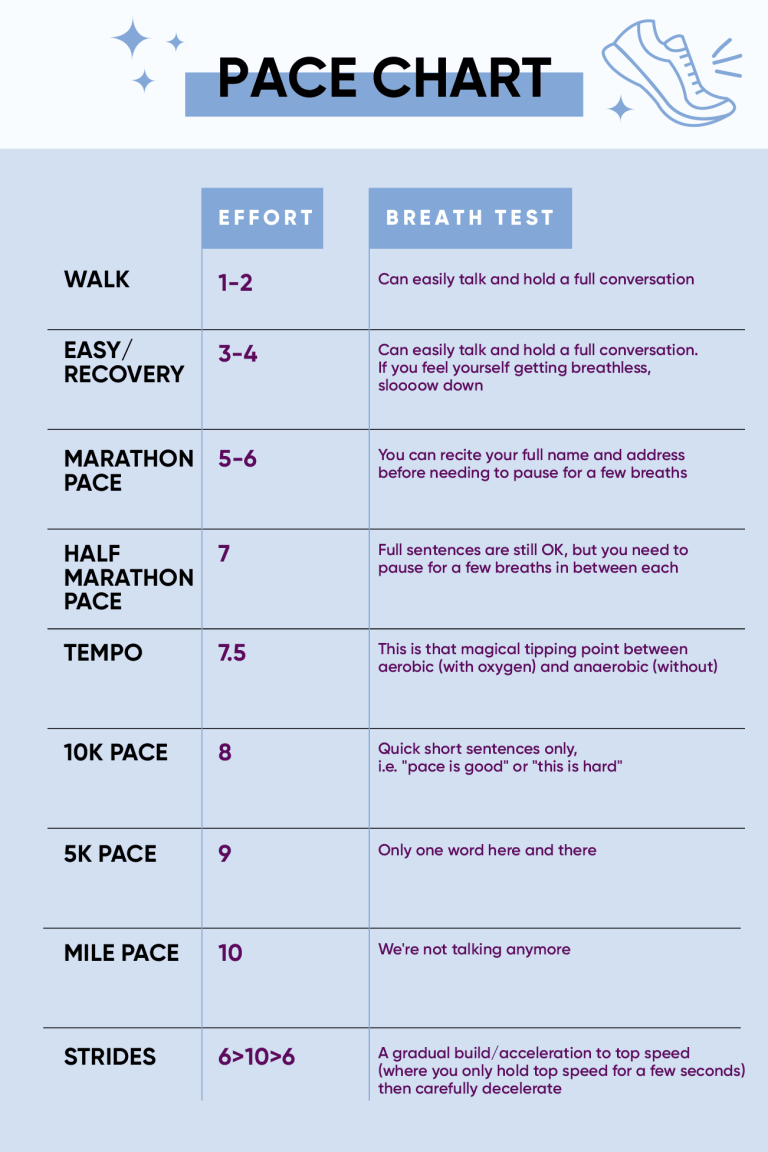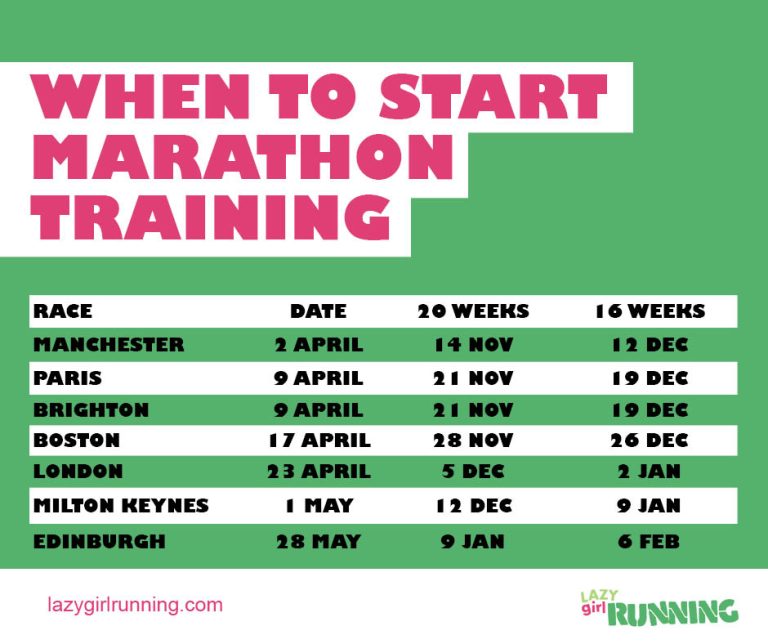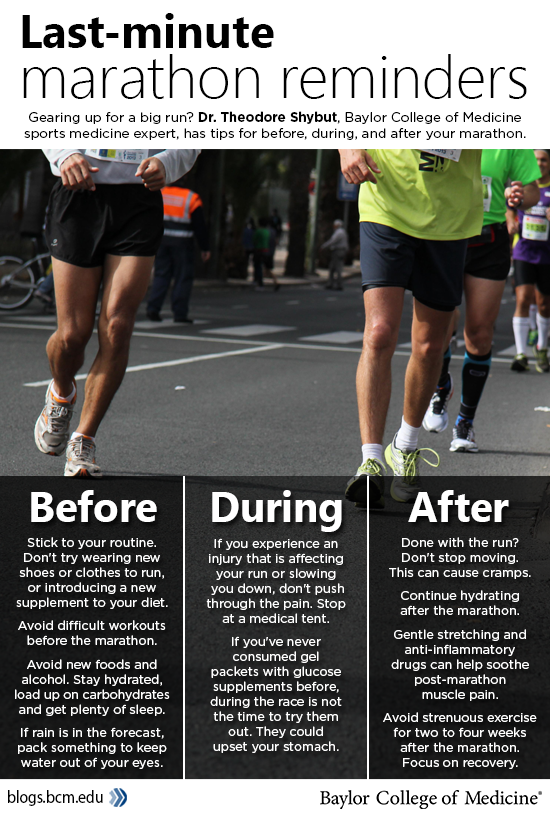How Do You Know If You are Ready for a Half Marathon
To know if you’re ready for a half marathon, ensure you have completed sufficient training mileage and have no major injuries. Assess your physical fitness level and set realistic goals for the race to determine readiness.
Running a half marathon requires dedication, endurance, and mental strength. Adequate preparation is essential to successfully complete the race and avoid potential injuries. Listen to your body and gradually increase your mileage to gradually build up your endurance and confidence.
Attend a few shorter races to gauge your performance level and readiness for the half marathon challenge. Proper preparation and training are key to a successful half marathon experience.
Assessing Your Fitness Level
Assessing your fitness level is crucial before embarking on the journey of training for a half marathon. It’s important to evaluate your current running capability, as well as your endurance and stamina, to ensure that you are physically prepared for the challenge. Let’s break down the key factors that will help you determine if you are ready to take on the half marathon.
Evaluating Your Current Running Capability
Start by assessing your current running capability, including your average pace, distance covered, and frequency of runs. This will give you a baseline understanding of your current fitness level and help you gauge how much work may be needed to prepare for a half marathon. If you are comfortable with regular runs of at least 3-4 miles and can maintain a steady pace, you may be ready to start training for a half marathon.
Checking Your Endurance And Stamina
Another crucial aspect of assessing your readiness for a half marathon is checking your endurance and stamina. This involves evaluating how long you can sustain a run without feeling overly fatigued and whether you can gradually increase your distance over time. If you can comfortably run for an hour or more without significant exhaustion and have been steadily increasing your mileage, you may be well-prepared for the demands of a half marathon.
Setting Realistic Goals
Setting realistic goals for a half marathon is crucial for a successful and fulfilling experience.
Developing A Training Plan
Creating a training plan that aligns with your current fitness level is essential.
Gradually Increasing Your Mileage
Gradually increase your mileage to prevent injuries and build endurance effectively.
Building Endurance
Preparing for a half marathon involves building endurance through consistent training and proper techniques.
Incorporating Long Runs Into Your Training
Long runs are essential for half marathon preparation as they help you adapt to longer distances.
- Start with a comfortable pace and gradually increase the distance.
- Include a weekly long run to build stamina and mental resilience.
- Ensure proper hydration and nutrition during your long runs.
Practicing Proper Pacing
Proper pacing is crucial to avoid burnout and finish strong during a half marathon.
- Practice different pacing strategies to find what works best for you.
- Monitor your pace during training runs to maintain consistency.
- Focus on finishing strong rather than starting too fast.

Credit: www.all-about-marathon-training.com
Strengthening Your Body
Before attempting a half marathon, it’s crucial to strengthen your body to withstand the rigorous demands of long-distance running. By incorporating a variety of training exercises, you can build the necessary muscle strength and endurance to ensure a successful and injury-free race.
Cross-training Exercises For Overall Fitness
Engaging in cross-training activities helps to improve overall fitness and reduce the risk of overuse injuries. Consider incorporating activities such as swimming, cycling, or strength training into your routine to build a strong foundation for your half marathon training. These varied workouts will not only enhance your cardiovascular endurance but also strengthen different muscle groups, promoting balanced fitness.
Specific Exercises To Target Leg Muscles
To conquer the physical demands of a half marathon, it’s essential to focus on strengthening your leg muscles. Implement exercises like squats, lunges, and calf raises to build strength in your quadriceps, hamstrings, and calves. Additionally, incorporating plyometric exercises, such as box jumps and jump squats, can improve lower body power and explosive strength, vital for powering through long runs.
Fueling And Hydration
Proper fueling and hydration are essential aspects of preparing for a half marathon. The right nutrition and hydration plan can make a significant difference in your performance and overall experience during the race. In this section, we will explore the importance of understanding proper nutrition for endurance running and the significance of hydrating before, during, and after runs.
Understanding Proper Nutrition For Endurance Running
When training for a half marathon, it’s crucial to fuel your body with the right nutrients to optimize performance and support recovery. Here are some key nutrition guidelines for endurance running:
- Eat a balanced diet with a focus on whole foods, including plenty of fruits, vegetables, whole grains, lean proteins, and healthy fats.
- Consume adequate carbohydrates to provide the energy your muscles need. Aim for complex carbohydrates like sweet potatoes, whole grain bread, and brown rice.
- Include enough protein in your diet to support muscle repair and development. Good sources include lean meats, fish, legumes, and dairy products.
- Don’t forget about healthy fats, which are essential for hormone production and nutrient absorption. Incorporate foods like avocados, nuts, seeds, and olive oil into your meals.
- Stay hydrated throughout the day by drinking enough water. Avoid excessive consumption of sugary beverages and limit your caffeine intake.
Importance Of Hydrating Before, During, And After Runs
Hydration is vital for any endurance activity, including running a half marathon. Proper hydration helps maintain optimal body temperature, lubricate joints, and transport nutrients to your muscles. Here’s why hydration is essential:
Before the Run:
Before embarking on your half marathon journey, hydrating adequately is crucial. Begin hydrating at least a day before the race by increasing your water intake. Aim for:
- Drinking water consistently throughout the day to maintain proper hydration.
- Avoiding excessive consumption of alcohol or caffeinated beverages that can dehydrate your body.
- Include electrolyte-rich drinks to replenish essential minerals lost through sweat.
During the Run:
During the half marathon, it’s essential to hydrate to maintain your energy levels and prevent dehydration. Here’s what you should do:
- Take advantage of hydration stations along the race route and drink water or sports drinks as needed.
- Avoid waiting until you feel thirsty to hydrate. Thirst is a sign that your body is already dehydrated.
- Consider carrying a small water bottle or hydration pack for convenient access to fluids during the run.
- Intake electrolyte supplements or gels if provided, to replenish minerals lost through sweat and support your performance.
After the Run:
After completing a half marathon, rehydrating and replenishing your body are crucial for recovery and preventing post-race fatigue. Here’s what you should focus on:
- Drink water or electrolyte-rich beverages to replenish fluids lost during the race.
- Consume a snack or meal within 30 minutes of finishing that includes protein and carbohydrates to aid muscle recovery.
- Continue hydrating throughout the day, sipping water regularly to aid in ongoing recovery.
By understanding the importance of proper nutrition and hydration in endurance running, you can optimize your training and ensure a successful half marathon experience. Remember that each individual’s nutritional needs may vary, so it’s essential to listen to your body and tailor your nutrition and hydration plan accordingly.

Credit: www.halfmarathons.net

Credit: runkeeper.com
Frequently Asked Questions For How Do You Know If You Are Ready For A Half Marathon
How Do I Know I’m Ready For A Half Marathon?
To determine if you’re ready for a half marathon, consider your current fitness level, consistency in training, and ability to comfortably run at least 10 miles. If you’ve been training consistently and can comfortably handle longer distances, you’re ready to take on the challenge.
How Far Should You Run To Prepare For A Half Marathon?
To prepare for a half marathon, gradually increase your weekly mileage to around 20-25 miles. Long runs up to 10-12 miles help build endurance and confidence. Vary your training with speed work and hill runs to improve overall performance.
How Many Days Should You Rest Before A Half Marathon?
Rest for 1-3 days before a half marathon. Listen to your body for optimal performance and recovery.
Conclusion
Deciding to run a half marathon requires dedication, preparation, and commitment. Listen to your body, follow a solid training plan, and stay consistent with your workouts. Trust your progress and enjoy the journey as you work towards achieving your goal.
Remember, you’ve got this!







